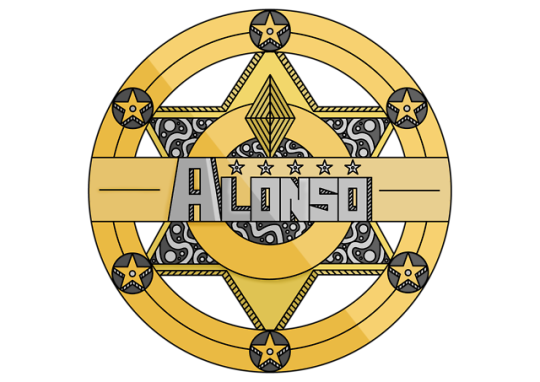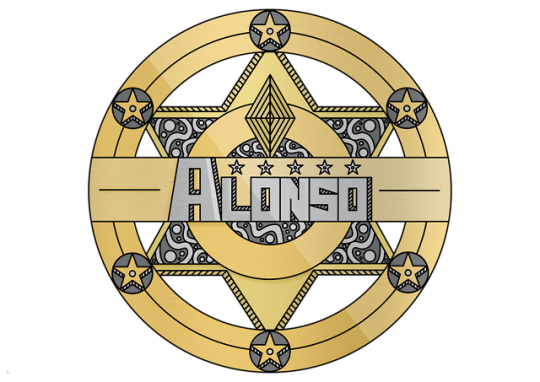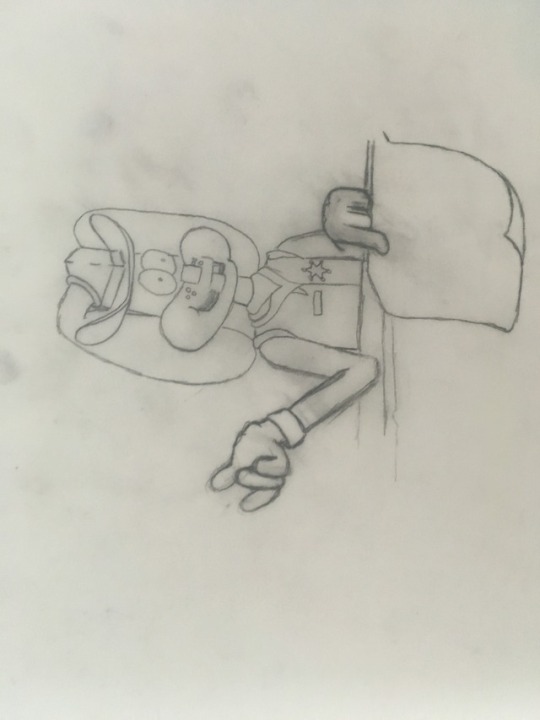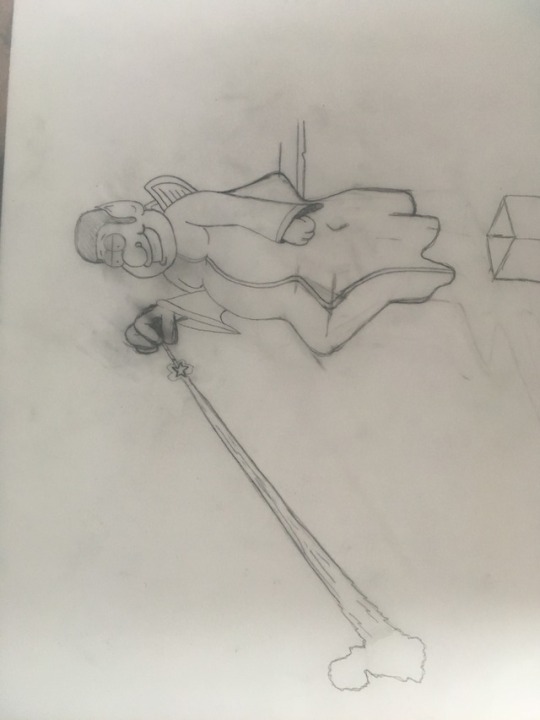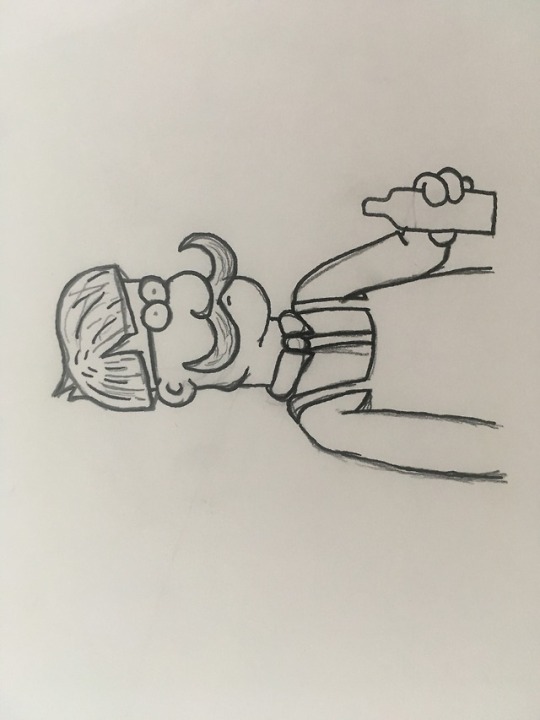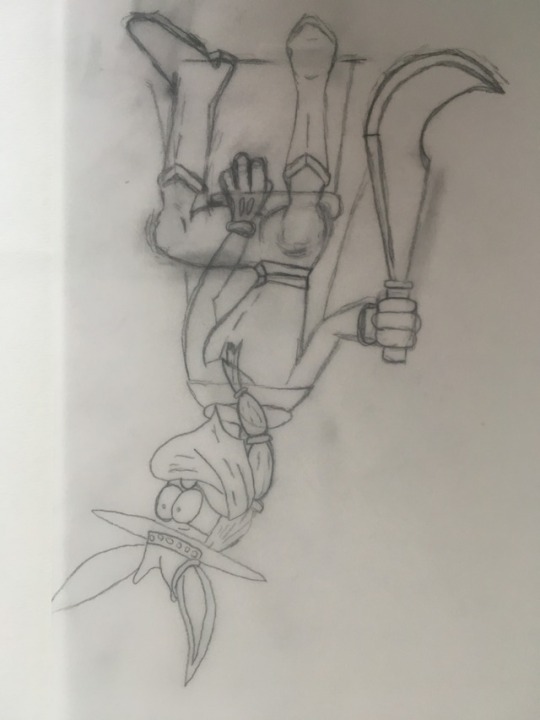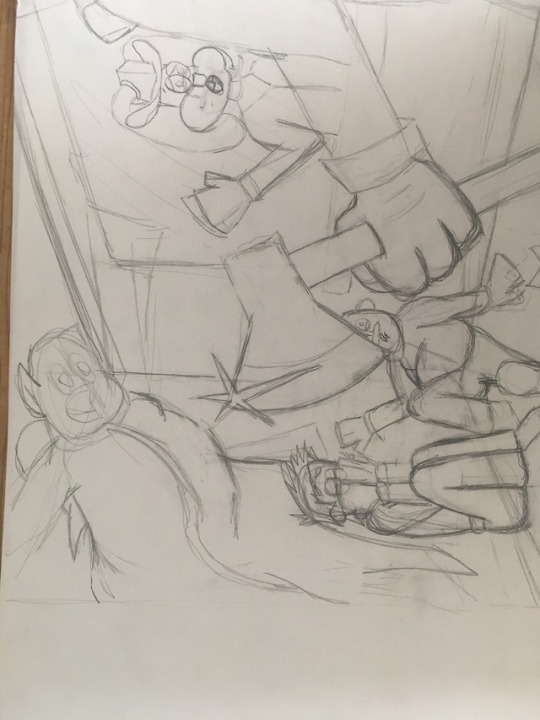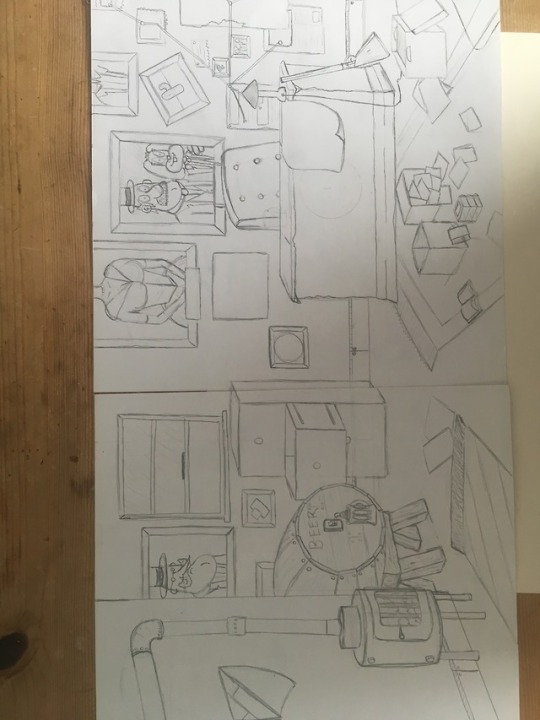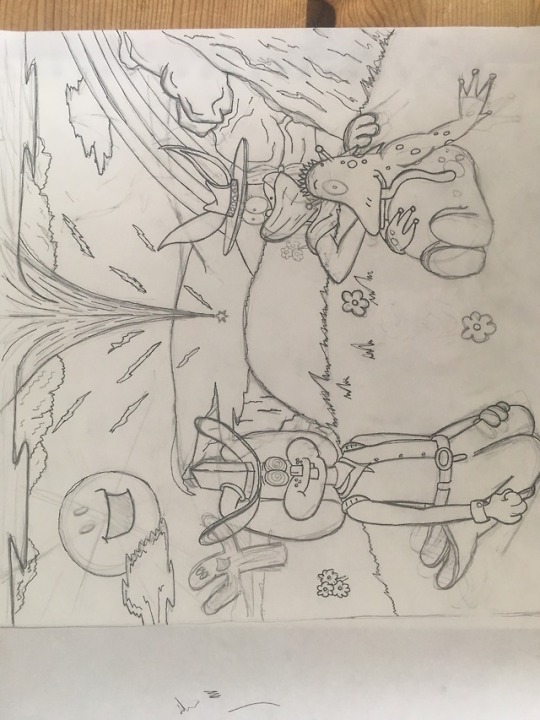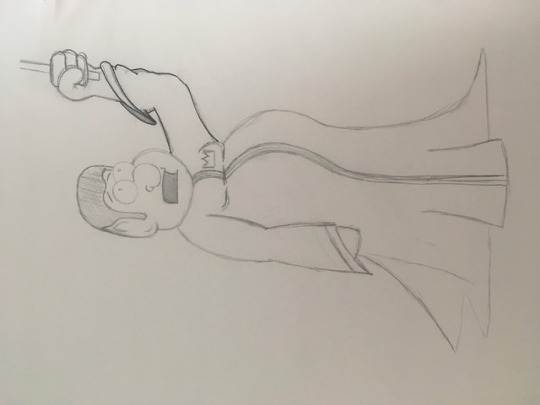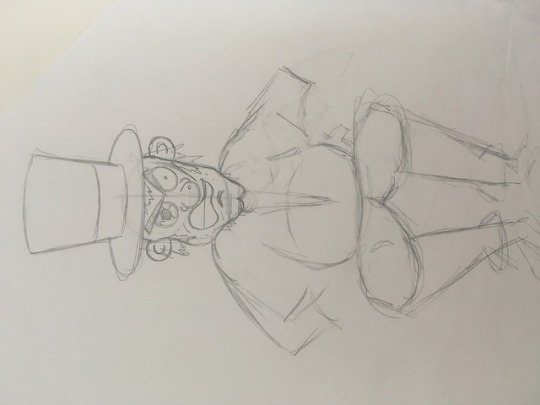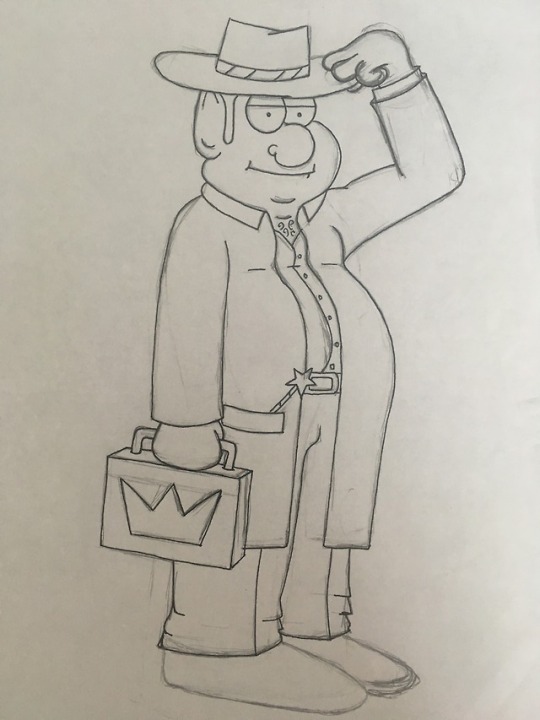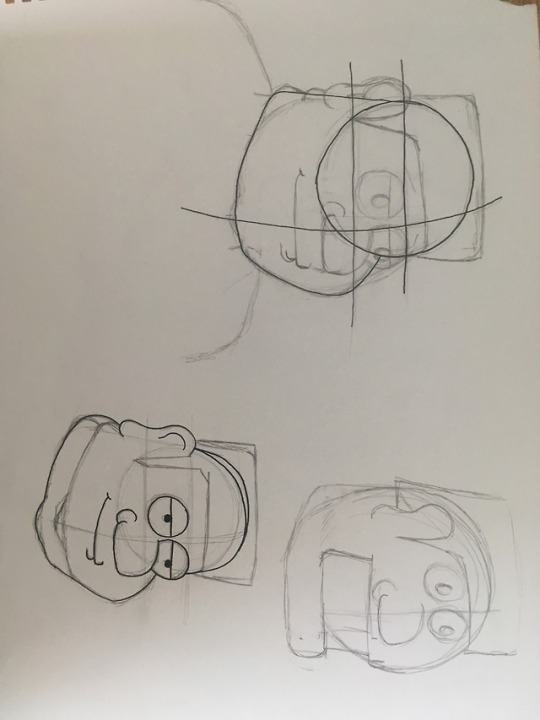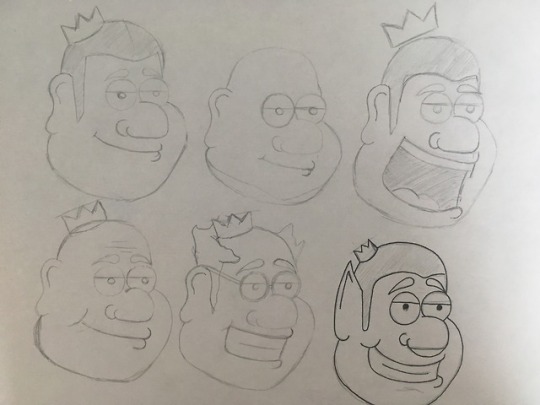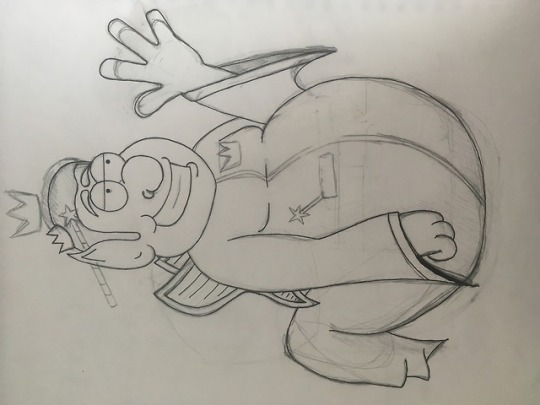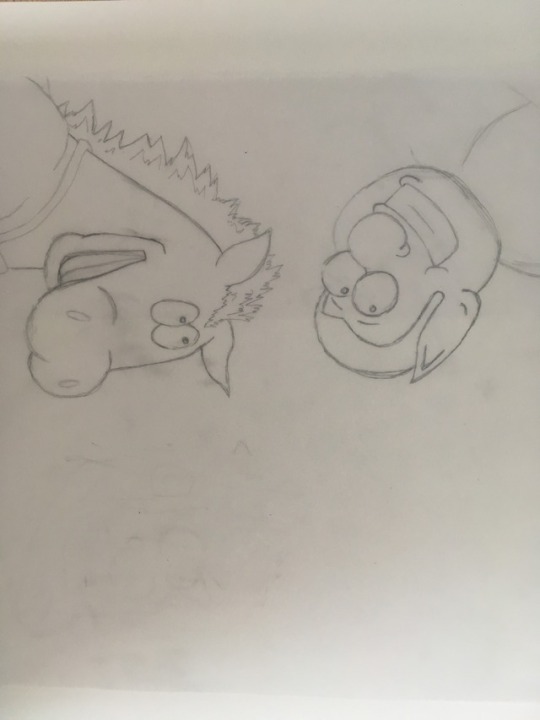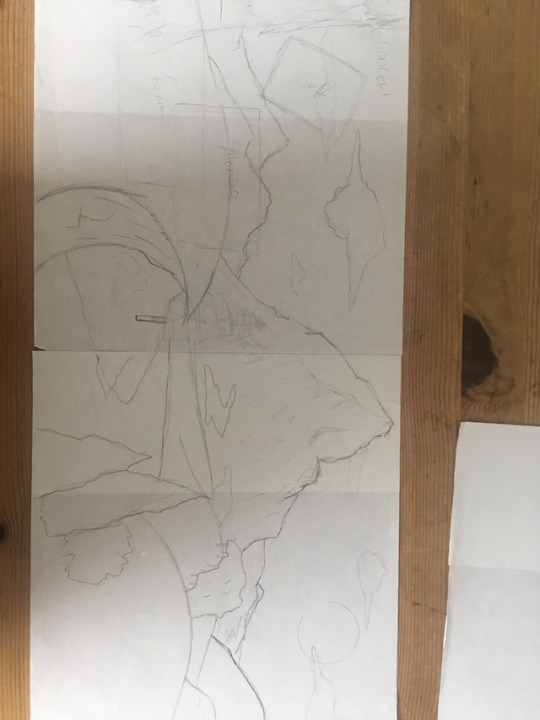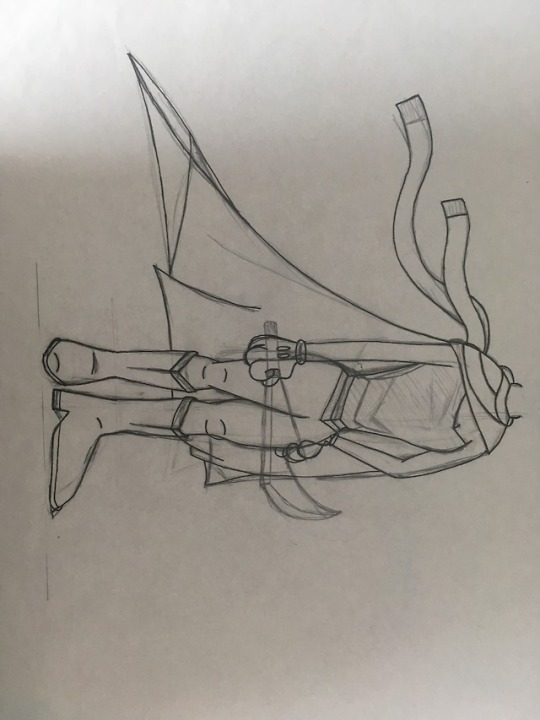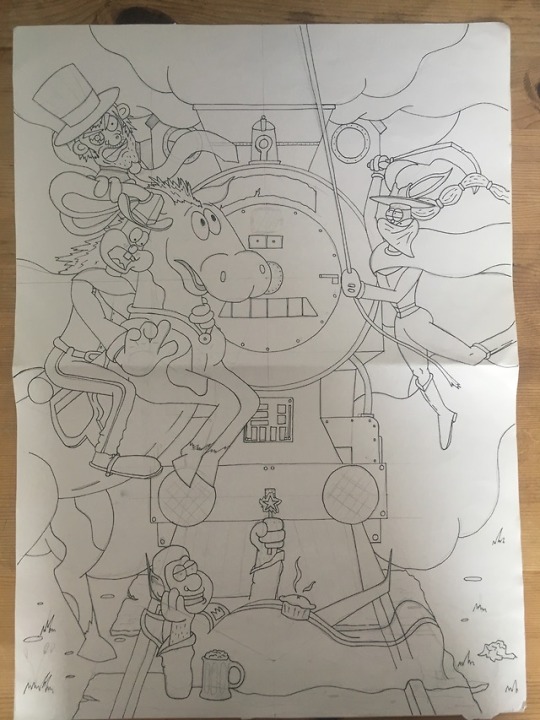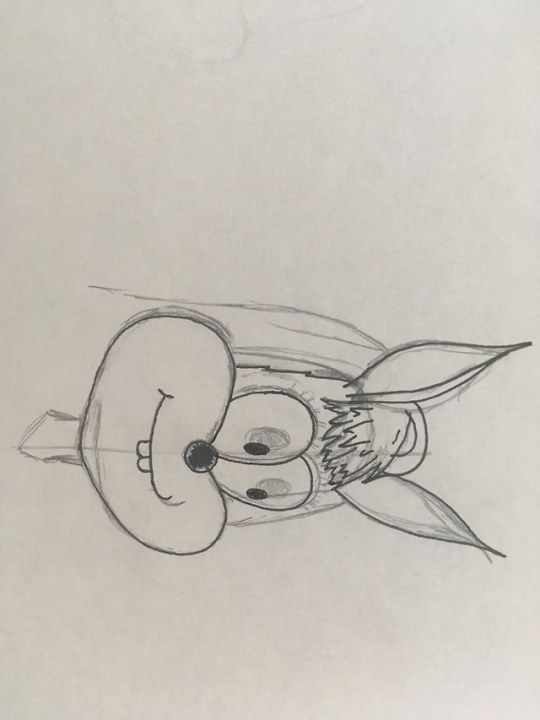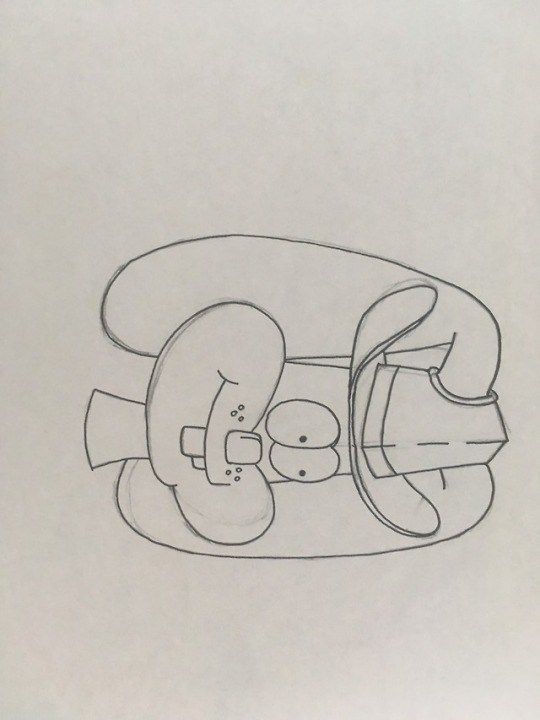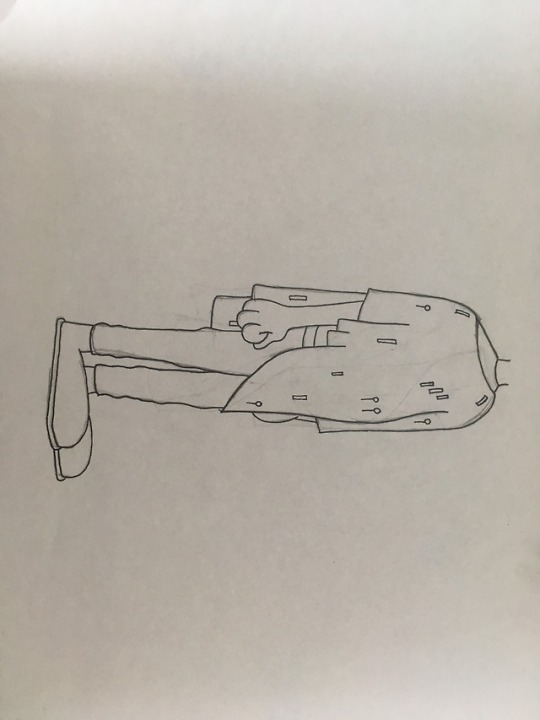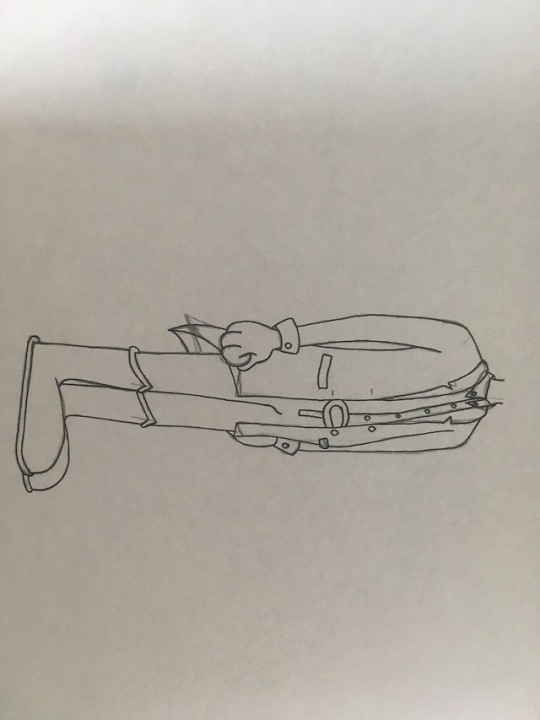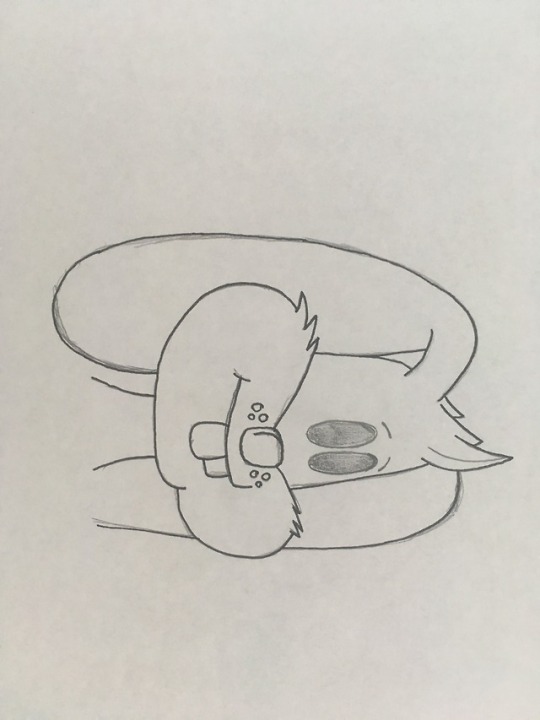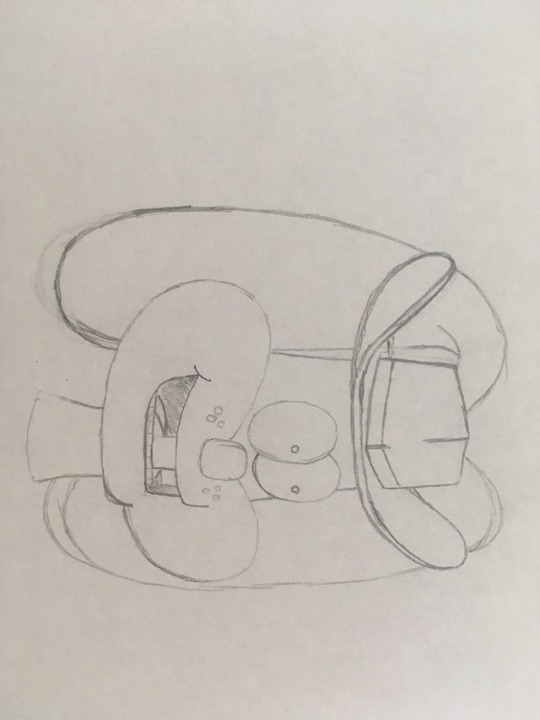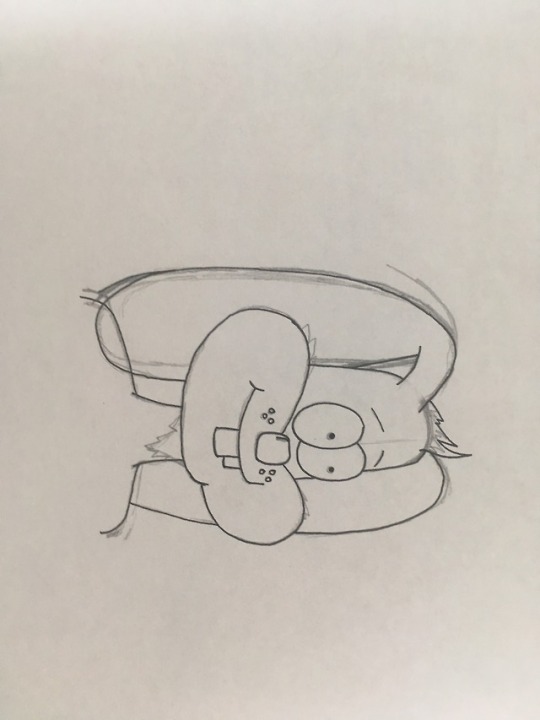Text
WRITING THE PILOT
Writing the scripts for Alonso has been challenging. A script isn’t an Ikea flat pack, where one just follows a list of instructions until completion. Granted there are rules and guidelines, plus endless books and websites claiming to hold the answers and abilities needed to craft a perfect script, but ultimately, it’s your story. You are the one that’s going to make it, it’s nobody’s else’s, and writing it is not an exact science. As I’ve previously stated, I’m not a professional, yet, and my only previous experience writing scripts was for my short degree films, the longest being 3 minutes. However, since I made the decision to develop a TV series I craved one challenge, to write a full 30-minute pilot* script for Alonso. I haven’t done anything like this in the past, so doing so is really pushing myself in a new direction. And let me tell you, it’s more time consuming than you might think!
It may or may not be clear to you why I chose to write a full episode because on top of that I still needed to write a script for the animation I was creating. Two scripts in such a short timeframe does seem a little much. But it was sitting down to write the animation script that pushed me towards writing a full 30-minute episode. Why? Well not only has it been a desire of mine from the get-go, I also needed to explore the characters and truly know the story I was trying to tell. How can you make an animation about characters you’ve never written about; how do these characters even interact with each other? I’ve mentioned a similar problem back when I was developing the concept, and I suppose stories continue to answer those kinds of questions years into production. A story expands and evolves over time, Luke Skywalker is a very different character in A New Hope that he is in Return of the Jedi. So, before I could write a short story with the characters, I wanted to dream up their first episode, so at least I know what that may be like, with the goal of learning all about them during the course of writing it.
As I’d already written outlines of the series in my pitch bible, that was the first place I started, from which I knew the general plot of the first episode. It was a case of fleshing out the details and giving the episode a beginning, middle, and end. Again, there is no right or wrong way to write a story, I simply followed my instincts and tried to stick as closely to the characters personalities as I could. This may sound silly but, in some instances, I let my characters write themselves.
I found this became easier to do the further into the script I was. For example, I added a time travel sequence towards the end of the episode as I felt there was a lack of action, in this scene the two protagonists, Alonso and Jeff, are thrown hundreds of years into the future after one of Jeff’s magical spells goes wrong. There they see how their lives and actions are to shape the world, and the importance of their adventures. The purpose of this scene was to show both the characters and the audience that Alonso and Jeff have shared destinies, furthermore it also teased the scope of the show and its many possibilities of storytelling. It was by far the easiest part to write, and I found the more ridiculous a scenario I placed the characters in, the easier they were to write. It’s as if I could watch the scene in my head, then jot down my interpretation as a script. The point I’m trying to make is that if you know your characters, and the scene is moving the plot along, the sequence should right itself. For me, the difficulty was arranging the scenes into a good order, like when characters should be introduced and how long a scene should last. The hardest scenes to write were ones in which characters just stood around talking with no real goal in sight, nothing for me to move them towards. During the middle section of the episode I had characters interact at a retirement party in the local saloon, this was a good opportunity to show off how each character interacts and allow the audience to understand the various relationships. However, I couldn’t get this to work, and it ended up being overlong and with no clear focus.
Characters just stood around small talking, which sounds odd considering I was writing it, but it felt like I was stuck with them in a strange awkward conversation. As soon as I began cutting the scene down to its core objectives, the episode began to feel tighter, as well as freeing up time for the more interesting action sequences. Before I continue it’s worth noting that one page of A4 script is roughly one minute of screen time, so a 30-minute pilot is around thirty pages long, the party scene took up nearly ten pages which would have been a bore to watch. When it came to planning out the script I did a few things, firstly I got a stack of sticky notes, onto which I plotted out from start to finish every scene and story point I wanted to include. Some were already decided from the pitch bible which I used as a basic marker, others I added to give the story some interest. I stuck these notes onto my wall to form a timeline of events, which was a great Idea as it really helped visualise when certain things were to happen, and also meant I could experiment by changing the sequence of events by simply moving the notes around. I also marked out the beginning middle and end points, but more on that in shortly. Secondly, once I wrote the first draft, which really was a draft, I laid the pages out on the floor, so I could see how the order and timings translated into the actual script. For example, this is when I noticed if some scenes were too long, or if others came too late. This technique may not be for everyone, but as I’m a visual person, it was a great help. Finally, I printed of finished drafts to analyse in great detail, annotating on the pages as I went, noting anything that came to mind, be it questions regarding the story, spelling corrections or even crossing out large chunks of boring unnecessary dialogue; which was the cause for much of the script’s problems. Like I’ve previously stated, this was a first episode script, so I needed to fully explain the story and also show how fun and exciting the show could be. This is very hard to do, and the first draft was slow and uneventful as I clumsily explained the backstory and character motivation through lines and lines of dialogue, so each time I reviewed a draft I had one objective, reduce as much dialogue as I could, replacing it with interesting adventure and western scenes without losing plot quality. It was surprising how much dialogue I managed to scrap without detracting from the plot. The less exposition, the better.
If there’s one bit of advice I would pass on from this experience, it would be to recommend anyone that isn’t an acclaimed scriptwriter to stick to the fairly standard structure most stories follow, that being the hero's journey. Most books, films, and standalone stories follow pretty much the exact same structure, with certain events only happening at the beginning, middle and end. Trust me, you need to follow this, or you will feel lost and confused. Although it’s an easy structure to follow, there is plenty to explore within it, so reading up on this structure should be your first call. I read The Writer’s Journey by Christopher Vogler cover to cover, and his industry background provides a wealth of knowledge that fed back directly into this project. Vogler uses great examples to illustrate how almost all the best-known stories follow the same structure, which may be hard to believe at first, but on reflection, it’s hard to find a story that doesn’t follow this convention. (maybe include a diagram of this) Follow this and you can’t go far wrong.
Scripts develop the more you work on them, so re-write and re-write again, each time changing things up a little and see if the flow improves, and always get others to read it and give you feedback. Sometimes if you know a story back to back, you fail to notice the flaws and plot holes, however, someone who knows nothing about the plot may easily spot a mistake you filled in with your imagination. Trust me it helps. In total it took four re-writes to get the first episode to some standard, which translates to three months of slow work, it’s something you can’t and should work. Seriously, if you think you can write one draft and leave it then you’re wrong. Scripts require time and care to reach their potential, I almost cringe when reading my first draft, it’s clunky and poorly paced and full of awkward dialogue. However, I’m not done with it yet, and I would love to have someone with experience writing scripts to take a look and make suggestions and alterations, hopefully before the end of this project. That being said, I’m happy with where it’s at.
1 note
·
View note
Link
0 notes
Text
The Adventures of Alonso
Working title
Character Relationships – The Trio
08/06/2017
Alonso, Positive, Emotional – Alonso is the heart of the group, he sees the world with wonder and excitement, he treats everyone he meets with love and respect. The most adaptable member of the group. Other characters draw from this youthful energy, seeing the world as he does. In return, he sees the world as they do. Alonso needs Jeff and Foxia for Logic and
Jeff, Depressed, weakness, Logical - He is depressed, lonely and struggling to handle his emotions. Addicted to comforts and self-gratification, he may bend the outcome of a situation to his own benefit. Although he manipulates others, he does care for them deeply, he cannot help it. Jeff needs Alonso to feel needed.
Foxia, Strength, Conflict – Foxia is the opposite to Alonso, she enters situations with suspicion and hostility. Struggles to trust, thinks others have ulterior motives. This is not in her nature, she can change. Foxia needs Alonso to trust again.
(The above will be presented in a graph)
As a group – Alonso leads with his positive, caring, yet adaptable personality, binding their very different personalities into a one dynamic team. He has very clear goals and objectives. Foxia draws from his positive outlook, but offers her more pessimistic physical approach as an alternative. In contrast, Jeff presents his more logical yet cautious views, pushing the team towards a quick and easy solution. Foxia and Jeff fight for Alonso’s attention, this causes jealously.
Alonso + Jeff – Without Foxia, Jeff and Alonso are quite useless. Alonso will throw the pair into difficult and dangerous situations because he fails to notice obvious dangers. Jeff’s logical mind also misses the subtle clues of caution. When faced with danger they become cowardly, lacking Foxia’s strength. Jeff tries to change Alonso’s inquisitive nature by suggesting logical reasons to not get involved. Alonso usually ignores this advice.
Alonso + Foxia – They make a good pair, but without Jeff’s logic, they can become an emotionally charged wrecking ball. Both characters launch themselves into situations based on their emotions and beliefs. Alonso’s positive, peaceful and caring approach contrasts dramatically with Foxia’s negative and aggressive feelings. Ultimately, both wish to help others and make a difference, sharing their feelings to see the bigger picture.
Foxia + Jeff – This is the worst combination. Without Alonso, Foxia cannot see the world positively and Jeff cannot reason with her illogical mind. They can become negative towards each other. However, they both have one thing in common, they love Alonso. So, the pairs primary goal is to get Alonso back. Only through his positivity and adaptability can they correctly co-operate.
0 notes
Text
Character Bio: Alonso (Lead Character)
The Adventures of Alonso
Working title
Character Bio: Alonso (Lead Character)
Draft: 1
Date: 24.02.2017
Personality traits
Adventurous, Idealistic, Naïve, Kind, Caring, dreamer, Positive, forgiving, coward.
Age: 10
Height: 6ft
Build: Average
Bio:
Alonso is the deputy sheriff of the small town of Grindle-city on the edge of the American frontier. The town is fortunate enough to have almost no crime, apart from dealing with the odd disruptive drunk or unusual passing traveller, Alonso spends most of his days reading and dreaming about his true interest, becoming an adventurer. However, Alonso is under pressure from his adoptive father, the town sheriff, to carry on the family tradition and except promotion when he retires. Alonso feels he has no choice but to except this responsibility when the time comes. He loves and respects his father, and understands how much it means to him to have the badge passed from father to son, but isn’t sure he can except this future. The easy calm lifestyle of Grindle bores Alonso, he wants something more, a call to adventure. Or is this just a childhood fantasy?
Childhood - At the age of 2, cold, shivering and alone, a local sheriff rescued him from the barren plains and raised him as his own. Nothing is known about his past and origins. Alonso’s adoptive father has given him the best possible start in life. Happy and secure in a town of loving and respectable locals, Alonso had a fulfilling and optimistic childhood. His father, the well-respected town sheriff, was always centre of attention with both women and men. Everyone wanted to be him or be with him, as a result, Alonso received much attention himself; women would swoon and coo over him as a young boy and older women would mother him and feed him treats. He had the full run of town, knew everyone and everything, even had a group of close friends whom he went to school with. They would play on the plains pretending to be the heroes they read about stories, write some themselves, and do jobs around town to earn pocket money; everyday brought new ideas to have fun. His father taught him to ride horses of which Alonso is a natural, buying him his first one on his 9th birthday, Joey the horse. He always felt welcome, and being an outsider never interfered with his friendships and experiences. But Alonso grew quicker than the human children, and as a result people started to treat as an adult sooner than the others. By 10 years old he accepted an apprenticeship role with his father, making him the youngest deputy in the country. But his mind is still that of a child.
Life before the series – Nothing bad ever happens in (insert town). As a result, Alonso spends his time sitting in the long grass of the great plans dreaming of all the adventures he could be on. His youth and inexperience means he will most probably be useless in the crisis, and never having to face adversary will result in him discovering he is in fact a coward. He loves his friends and family, and his reputation is still as it was when he was younger. His childhood friends still want to hang out, but Alonso can’t get away with acting like a child any longer, adults see him as an adult now “and should start acting like one!”. This type of reaction has started to bother Alonso, make him question why he is different to the others, who he is and where he is from. The days have begun to blur into one and other; he dreams of becoming a famous hero that people will tell stories about for years to come, escapism from this humdrum life, always having the feeling he is meant for something greater.
Relationships with others – Positive, always sees the good in people first. Has had a history with only interacting with kind loving people. He lacks the ability to know when someone isn’t nice, or may have intentions to cause him harm.
What he cares about – Making is father proud. Making the world a better place.
What is he obsessed with – Adventure stories, life beyond the town, becoming a hero and saving the day.
Biggest Fear – Being trapped in the town forever, never pursuing his dreams. The rabbit eater; from a story in is childhood. Negative people, confrontation.
Best thing that has ever happened – Getting his horse Joey, this allows him to go on small little adventures and makes him feel powerful. Getting is deputy badge, the feeling of being responsible for the safety of him town.
Worst thing that ever happened – Being moved out of school to early, missing playing with friends.
Most embarrassing thing to have happened – Having to run naked through town when when his friends stole his clothes. Has issues with being nude from now on. This could make some funny situations.
Biggest Secret- n/a
One word used to define him – Dreamer
Who will he become?
0 notes
Audio
(The Double Barrel Show)
0 notes

